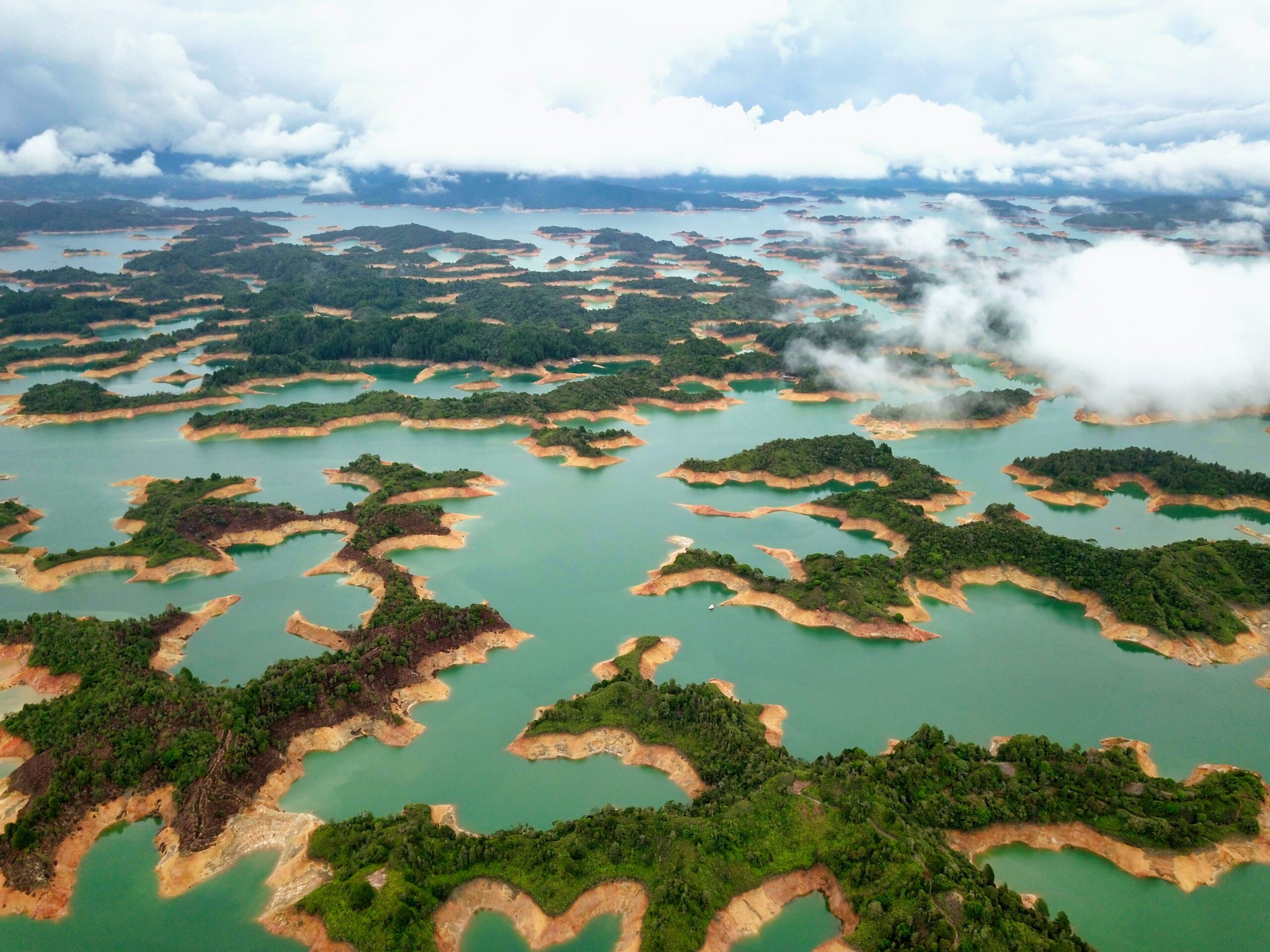
This report was originally published by OECD.
“Natural capital underpins all economic activities and human well-being; it is the world’s most important asset. However, humanity’s demands on natural capital are unsustainable.
The unprecedented and widespread decline of biodiversity is generating significant but largely overlooked risks to the economy, the financial sector and the well-being of current and future generations.
This report, prepared by the OECD as an input to the UK’s G7 Presidency in 2021, provides policy guidance for Finance, Economic and Environment Ministries to underpin transformative domestic and international action to halt and reverse biodiversity loss.
The analysis focuses on four priority action areas for governments. First, adapting measures of national performance to better reflect natural capital, and mainstreaming biodiversity into strategies, plans, policies and projects.
Second, better leveraging fiscal policy and economic instruments to support the conservation and sustainable use of biodiversity, including in COVID-19 recovery packages. Biodiversity-related tax revenues, for example, account for just 0.9% of all environmentally related tax revenues.
Third, embedding nature-related dependencies, risks and impacts into the financial sector.
Fourth, improving biodiversity outcomes linked to trade, including by reforming environmentally harmful and market distorting government support, which stands at more than USD 800 billion per year…”












